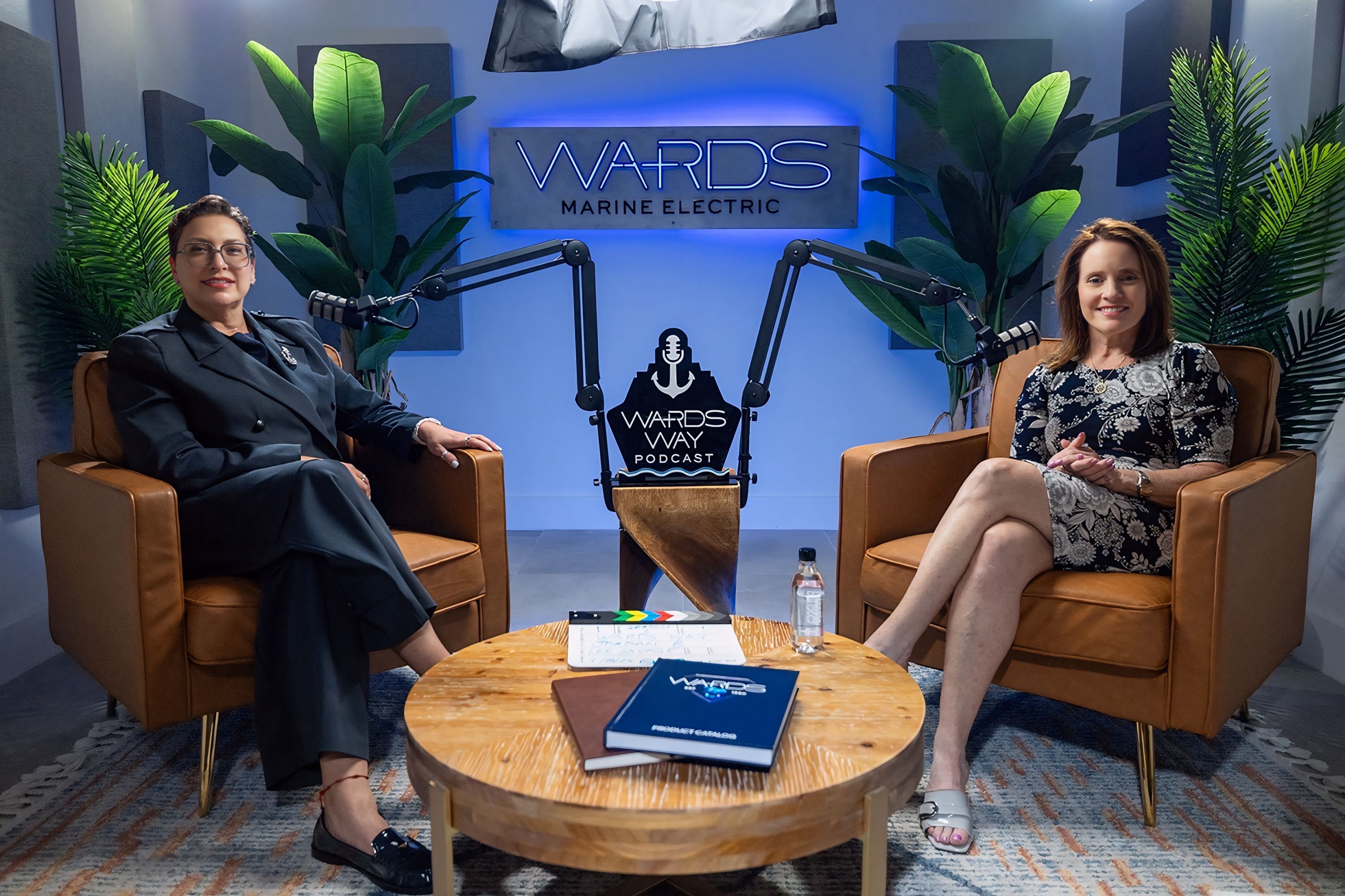
How Tariffs Are Reshaping the Yacht Industry with Maritime Lawyer Michelle Otero Valdes
The maritime industry is experiencing significant changes due to evolving tariff regulations, particularly affecting yacht owners, brokers, and service providers. In a recent discussion with Michelle Otero Valdes, the first board-certified Latina in Admiralty Maritime Law in Florida, we explored these changes and their implications for the yachting community.
Historically, importing foreign-built vessels into the United States required a duty payment of approximately 1.5% of the vessel's value. However, recent shifts in tariff policies have dramatically altered this landscape. Under new regulations, the baseline tariff has increased to 10%, with vessels from certain countries facing significantly higher rates. Chinese-built vessels, for example, could potentially face duties of up to 145%, though most experts believe this extreme rate is unlikely to materialize. Nevertheless, the previous rate of 26.5% for Chinese vessels (1.5% plus a 25% additional duty imposed during the first Trump administration) remains a substantial barrier.
These tariff changes are creating unexpected opportunities in the maritime market. As Michelle astutely noted, "chaos creates opportunity." With foreign-built vessels becoming more expensive to import, previously duty-paid vessels already flying the U.S. flag have increased in value. This shift is prompting many American yacht buyers to reconsider their options, including purchasing vessels already in the U.S. market or maintaining foreign-flagged vessels and operating under cruising permits rather than importing them.
The conversation also highlighted significant changes in how U.S. Customs and Border Protection (CBP) is enforcing regulations related to foreign vessels and crew. CBP is taking a stricter approach to cruising permits, closely monitoring compliance with requirements such as the 15-day foreign departure rule. This means vessel owners can no longer simply "toodle out to Bimini for the day" and return, expecting to reset their cruising permit clock. Additionally, enforcement of B-1/B2 visa regulations for foreign crew members has intensified, particularly regarding the scope of work they can legally perform while in U.S. waters.
While these changes present challenges, they don't necessarily close doors for foreign vessels in American waters. Foreign-flagged vessels can still enter U.S. waters under cruising permits, and foreign crew can still work aboard these vessels, provided they perform duties within their normal scope of responsibilities. The key is understanding the rules and working within them, which increasingly requires professional maritime legal guidance.
Beyond regulatory issues, the discussion touched on a critical aspect of yacht ownership: the importance of professional management and service. Many yacht owners who have built successful businesses with top-tier professional teams surprisingly fail to apply the same standards to their vessels. This disconnect can lead to safety issues, decreased vessel value, and diminished enjoyment of the yachting experience. As Michelle noted, "A yacht is not the same as an apartment building you may own," emphasizing that specialized knowledge is essential for proper vessel maintenance and management.
The conversation highlighted emerging roles in the industry, such as the Electro-Technical Officer (ETO), who serves as a technically qualified representative for the owner or builder. These professionals help bridge the gap between owners, management companies, and crew, ensuring vessels receive proper maintenance and technical oversight. This development represents a positive step toward greater professionalism in the industry.
Ultimately, the discussion emphasized that despite regulatory changes and challenges, the yachting industry in South Florida remains strong due to its concentration of professional services and geographical proximity to popular cruising grounds. The key to navigating the current environment is professionalism, collaboration among industry specialists, and a focus on creating exceptional experiences for vessel owners. As Michelle succinctly put it, "Don't be afraid to buy a boat in the U.S. Don't shy away from boating because of tariffs.”
We invite you to listen to the complete conversation between host Kristina Hebert and special guest Michelle Otero Valdes in Season 3, Episode 6 of the Wards Way podcast by tuning into your favorite streaming platform.

